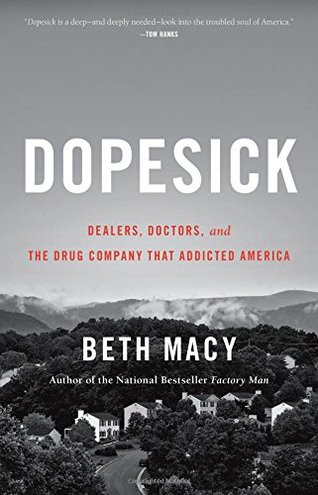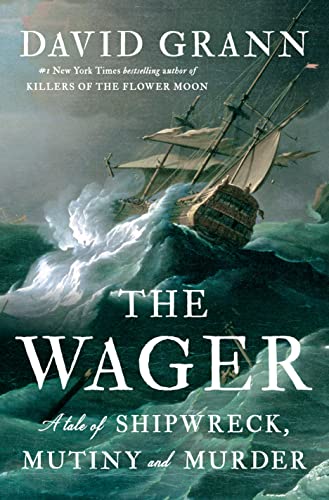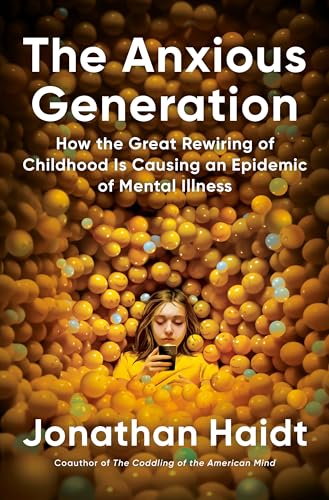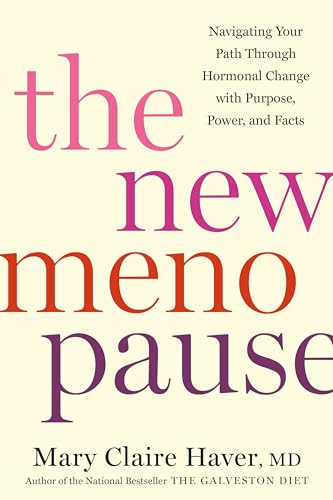Review of DOPESICK
by Johny McFliggen, PhD Literature & Business, Oxford
Beth Macy's "Dopesick" is not just a book; it is an unflinching exegesis on the American opioid crisis. This work manages to be both a damning indictment of systemic failures and a heart-wrenching portrayal of individual lives caught in a tragic epidemic. As I delved into its pages, I couldn't help but draw parallels to the harrowing narratives in "The Wire," where societal decay is laid bare through the lens of drug addiction and institutional neglect.
Macy, with her background honed in the investigative trenches of journalism, peels back the layers of corporate malfeasance and regulatory negligence with the precision of a seasoned surgeon. Her narrative is reminiscent of the great muckrakers like Upton Sinclair—albeit with a more compassionate tone. She traces the crisis to its roots, implicating Purdue Pharma's relentless marketing of OxyContin, which reads like a cautionary tale of unchecked capitalism run amok.
The book's strength lies in its ability to humanize the statistics. Macy introduces us to addicts, their families, healthcare professionals, and law enforcement officials, weaving their stories into a tapestry that is both diverse and interconnected. It's this ensemble cast that elevates "Dopesick" beyond mere reportage; it becomes a narrative of resilience amidst despair. One might say Macy wields empathy as her weapon of choice, cutting through the stigmatization of addiction with surgical precision.
Critics have noted that "Dopesick" occasionally suffers from a fragmented narrative due to its ambitious scope. Indeed, Macy's attempt to cover the myriad facets of the crisis can sometimes feel like trying to watch all seasons of "Breaking Bad" in one sitting—overwhelming yet undeniably compelling. However, I argue that this very fragmentation mirrors the chaotic nature of the epidemic itself, capturing its complexity rather than simplifying it for the sake of narrative cohesion.
In the pantheon of opioid crisis literature, "Dopesick" stands shoulder to shoulder with Sam Quinones' "Dreamland" and Chris McGreal's "American Overdose." While Quinones offers a broader historical vista, Macy provides a deeply personal account, making the reader feel as if they are traversing Appalachian landscapes scarred by addiction. If Quinones paints with broad strokes on a grand canvas, Macy zooms in with a magnifying glass to reveal the intricate details often overlooked.
"Dopesick" has rightly garnered critical acclaim and awards, solidifying its place as a seminal work in understanding one of America's most pressing public health crises. Beth Macy's journalistic rigor and her commitment to giving voice to the underrepresented are commendable. This book is not merely about addiction; it is about America—its promises, failures, and the relentless pursuit of justice amidst adversity. For those seeking to understand the opioid epidemic in all its tragic dimensions, "Dopesick" is indispensable reading.
Purchase Link: DOPESICK on Amazon



